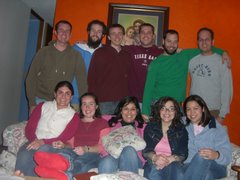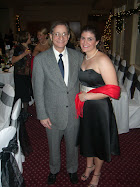Solemnity
of Corpus Christi
The Most Holy
Body and Blood of Christ
"The Eucharist is the ‘treasure’ of the Church, the precious heritage that her Lord has left to her. And the Church preserves it with the greatest care, celebrating it daily in holy Mass, adoring it in churches and chapels, administering it to the sick, and as viaticum to those who are on their last journey . . . . " (Pope Benedict XVI)
As Cardinal Ratzinger, in his book titled, God Is Near Us,
our future Holy Father wrote:
“Communion and adoration do not stand side by side, or even in opposition, but are indivisibly one. For communicating means entering into fellowship. Communicating with Christ means having fellowship with Him.
That is why Communion and contemplation belong together: a person cannot communicate with another person without knowing him. He must be open for him, see him, and hear him. Love or friendship always carries within it an impulse of reverence, of adoration. Communicating with Christ therefore demands that we gaze on Him, allow Him to gaze on us, listen to Him, get to know Him. Adoration is simply the personal aspect of Communion. We cannot communicate sacramentally without doing it personally.
Sacramental Communion becomes empty, and finally a judgment for us, unless it is repeatedly completed by us personally. The saying of the Lord in the book of Revelation is valid not only for the end times: ‘Behold, I stand at the door and knock; if anyone hears My Voice and opens the door, I will come into him and eat with him and he with Me’ (3:20). This is at the same time a description of the most profound content of Eucharistic piety. True Communion can happen only if we hear the Voice of the Lord, if we answer and open the door. ‘Let us be generous with our time in going to meet Him in adoration and… [let] our adoration never cease’ (Dominicæ Cenæ).





No comments:
Post a Comment